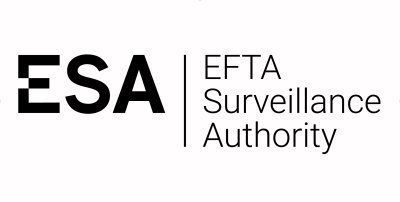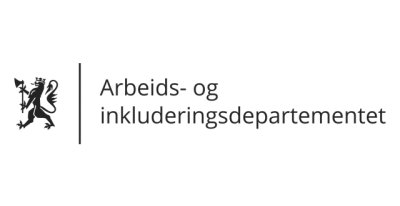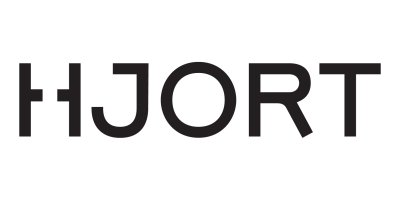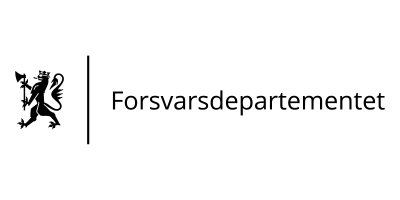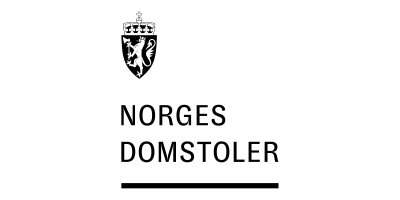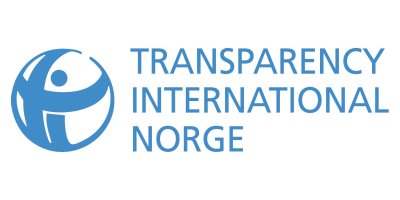Norway has been facing the so-called NAV affair since the fall of 2019, according to professor Tarjei Bekkedal of the University of Oslo the country’s biggest judicial scandal since World War II. Since the EEA agreement came into force on Jan. 1, 1994, the welfare agency NAV has systematically violated the rights of Norwegians and EEA foreigners. Legally owed welfare benefits were made conditional on the physical presence of the beneficiaries on Norwegian soil. Countless people were unlawfully prosecuted, and many have served prison sentences for leaving Norway while receiving welfare benefits. A Greek man who had been living in Norway and paying taxes since 1982 received a two-month prison sentence and notice of his deportation after visiting his sick mother in Greece. He later told the press that this case had ruined his life.
Those who asked were denied permission to leave the country. A Polish migrant worker was prevented from attending his wife’s funeral in Poland. The courts, including the Supreme Court, waved it all through. The Süddeutsche Zeitung spoke of “court-approved lawbreaking”.
Bad faith
The Norwegian government has been acting in bad faith at least since March 20, 2013, when the EFTA Court declared the aforementioned administrative practice unlawful in Case E-3/12 Jonsson. The government was represented in the proceedings by the state attorney. Instead of changing the illegal practice, the Norwegian administration paid all expenses of Mr. Jonsson, a Swedish migrant worker. This meant that he was no longer able to sue. At the same time, the unlawful practice continued.
On February 1, 2017, the ECJ ruled in Case C-430/15 Tolley that a similar scheme in the UK was incompatible with EU law. The relevant EU law was identical in substance to the relevant EEA law. The ECJ judgment therefore had to be taken into account in accordance with the EEA law rules on homogeneity. The Norwegian state attorney had participated in the Tolley case and was therefore aware of the events and the legal situation. Nevertheless, the practice in Norway did not change.
A government report dated August 4, 2020, stated that NAV’s misconduct dated back to 1994, but that no one was to blame. It had been sheer ignorance in a complex area that led to the failure of authorities and courts. Admittedly, this had little to do with reality. In truth, influential circles, especially in the University of Oslo and at the state attorney, had done everything possible from the beginning to discredit the EEA, the EFTA Surveillance Authority, and the EFTA Court. Norwegian courts were systematically asked to refrain from referring cases to the EFTA Court, and if they did refer and the outcome did not suit the state attorney, national courts were urged to refuse to follow the EFTA Court. Political scientists at the University of Oslo revealed that the Norwegian authorities did everything possible to prevent further references to the EFTA Court after the Jonsson ruling of 2013, which was negative for Norway. NAV explicitly acknowledged that the EEA Agreement had been violated, but took the position that Norway needed to retain as much control over matters as possible so that “minimally sufficient policy changes” could be agreed upon.
The National Insurance Court entered into a dialogue with the NAV administrative authority (!), during which it threatened to refer the matter to the EFTA Court. The authority argued, among other things, that it would be better to change Norwegian practice than to seek a decision from the EFTA Court. By changing their practice, the Norwegian authorities would have more opportunity to decide for themselves on the significance of a temporary stay abroad for entitlement to the benefits in question than if the EFTA Court ruled on the merits. What NAV also wanted to avoid was “an all-encompassing admonishment that would sully Norway’s international reputation”. Again, as after the EFTA Court's ruling in the Jonsson case, the goal was to avoid precedent. This tactic of the NAV was successful. Thus, the government report served primarily to clear those responsible, especially the state attorney.
Recently, another report by a parliamentary committee confirmed that NAV’s misconduct dates back to 1994. ESA and the EFTA Court are of the same opinion.
On June 30, 2021, the EFTA Court issued two rulings finding that NAV was justified in refusing to pay unemployment benefits. The ruling was criticized by renowned Norwegian professors and is in fact a clear mistake. It contradicts both the Jonsson precedent of the EFTA Court and the relevant case law of the ECJ.
Proceedings against Iceland
Iceland has, as it often does, largely copied the Norwegian legislation in question. Beneficiaries must have legal residence and physical presence in Iceland to receive unemployment benefits. Unemployment benefits are withheld for stays in other EEA States. ESA sent a formal letter of formal notice to Iceland on October 20, 2022, as part of an infringement proceeding, challenging the exclusion of unemployment benefits as unlawful. In the letter of formal notice, ESA takes issue with the one of the EFTA Court judgments of June 30, 2022, stating that it was based on a very specific set of facts that differ from the present case.
There is some evidence to suggest that ESA, which has not covered itself with glory so far in the NAV affair, is not satisfied with the two rulings of the EFTA Court of 30 June 2021. Apparently, the current ESA College wants to strike different strings than its predecessors. National practices in labor and social law that restrict fundamental freedoms and rights will no longer be readily accepted. The EFTA Court may therefore have the opportunity to return to the two misguided rulings.






.png)













